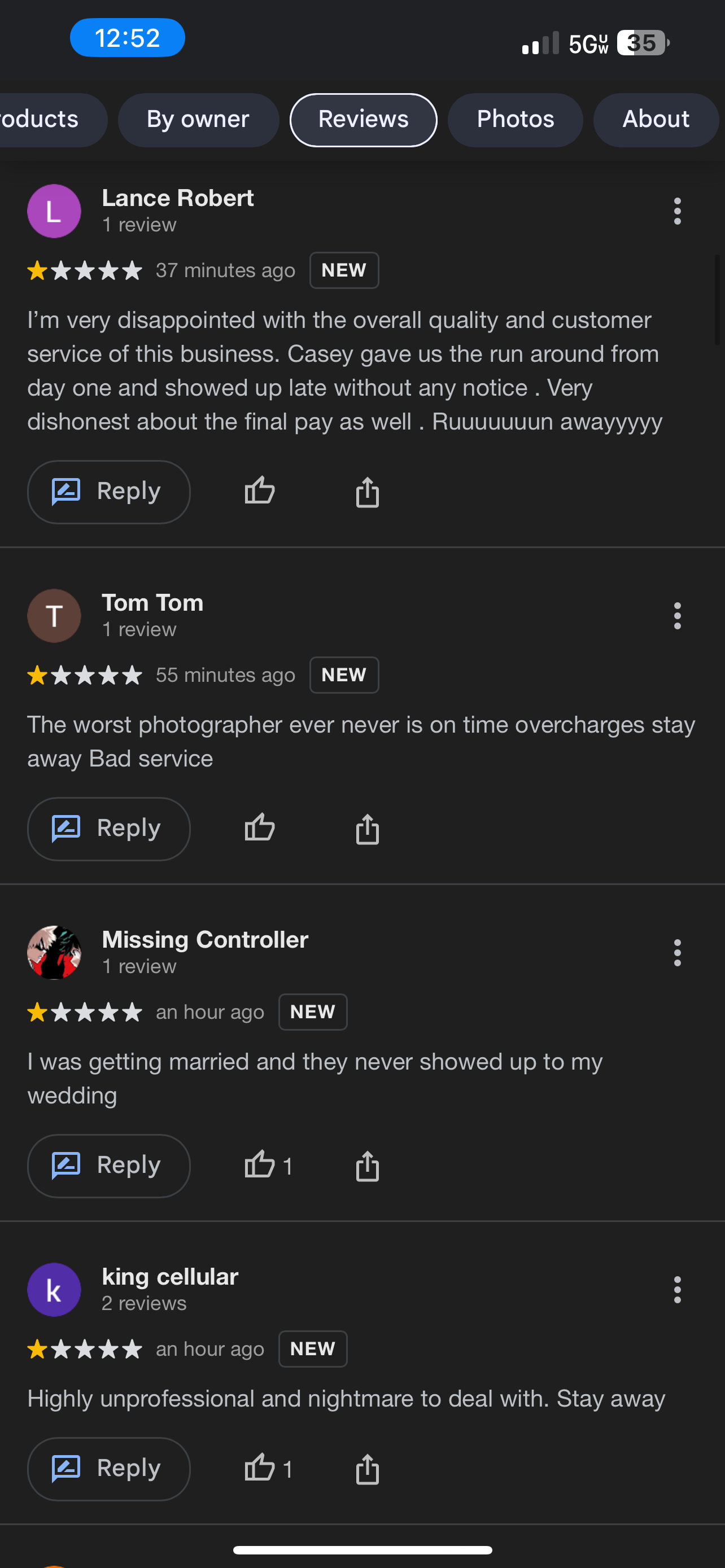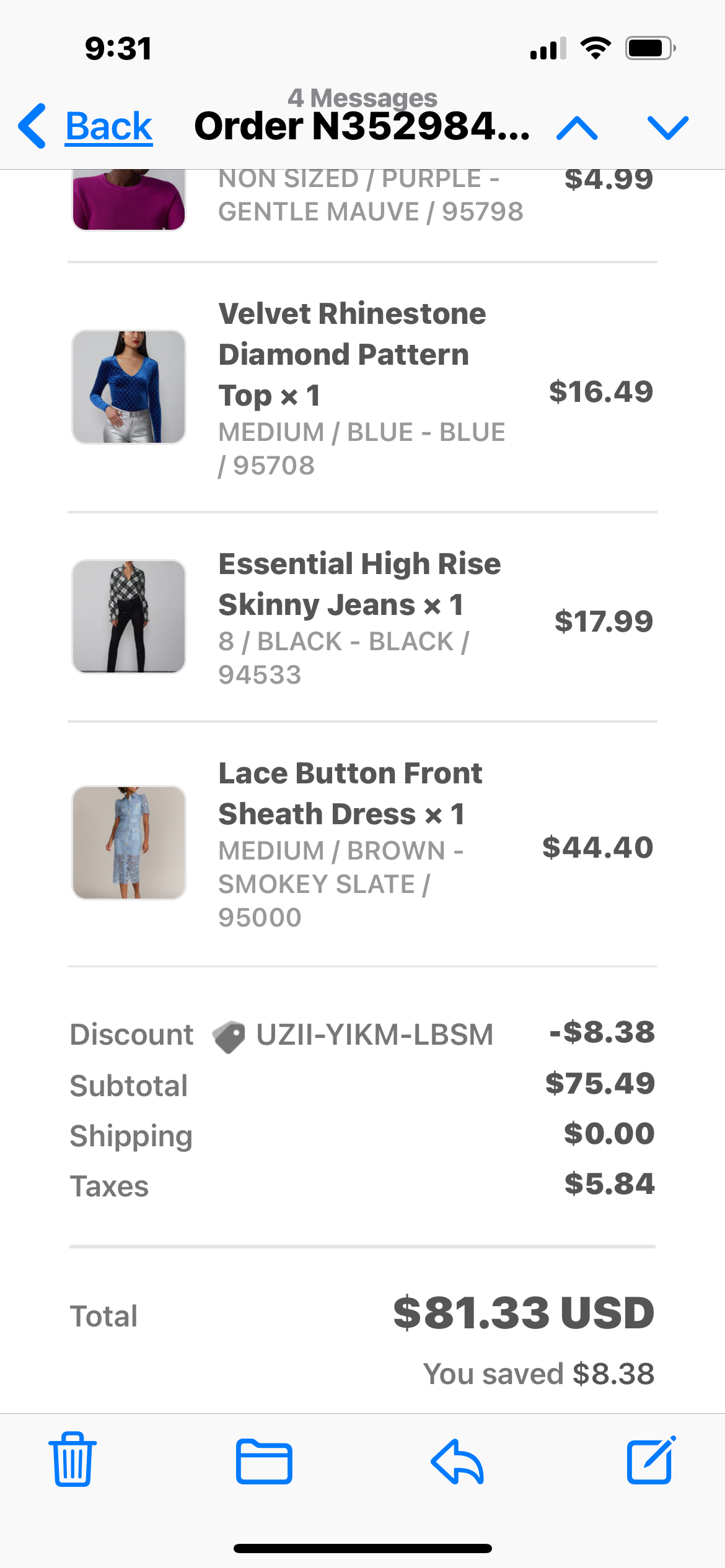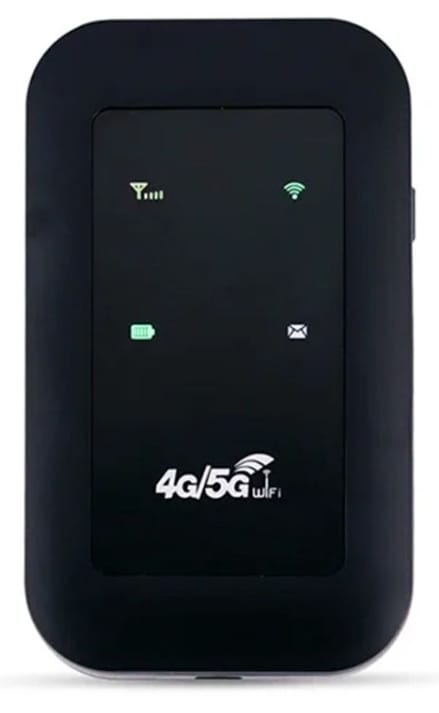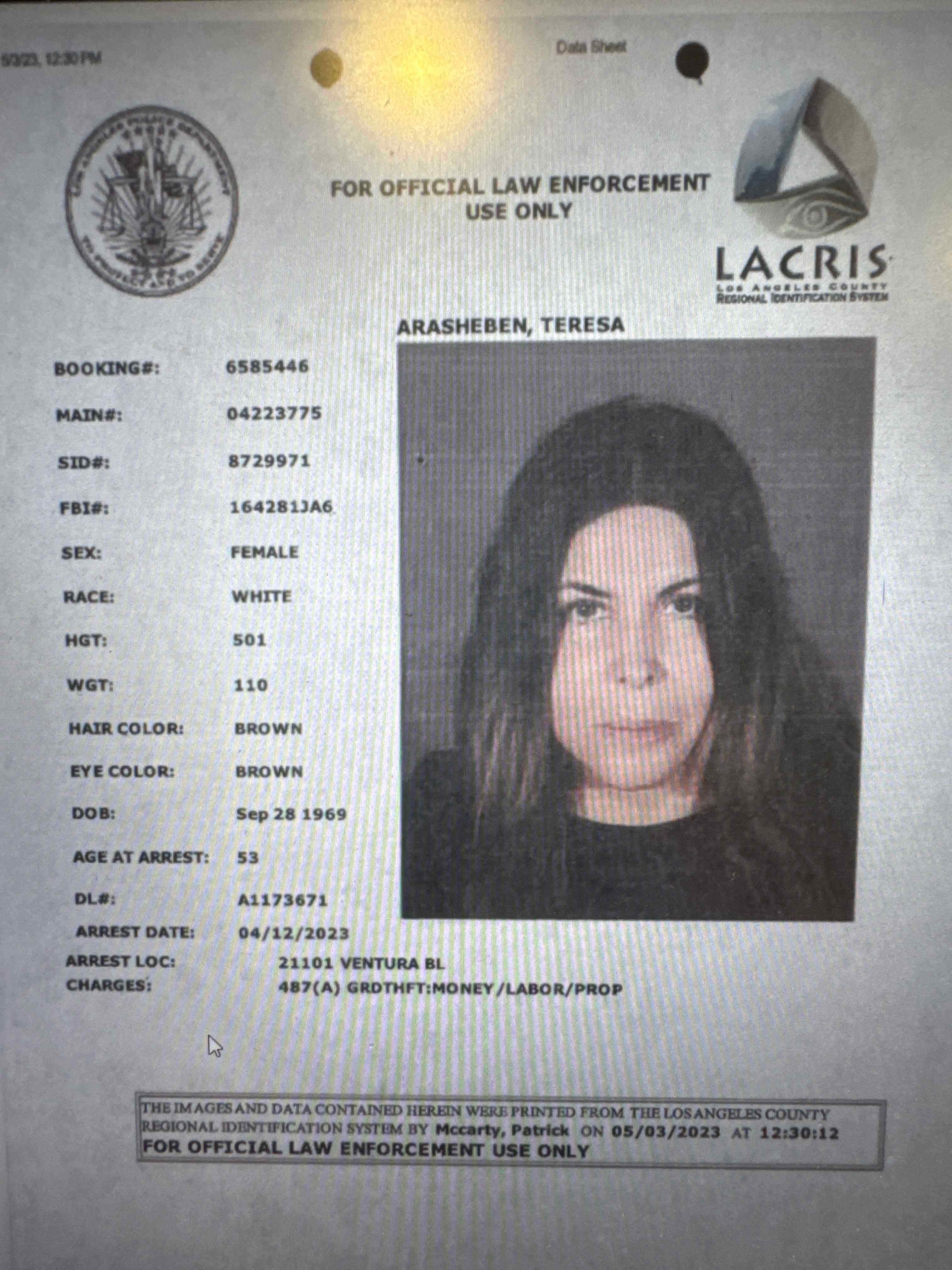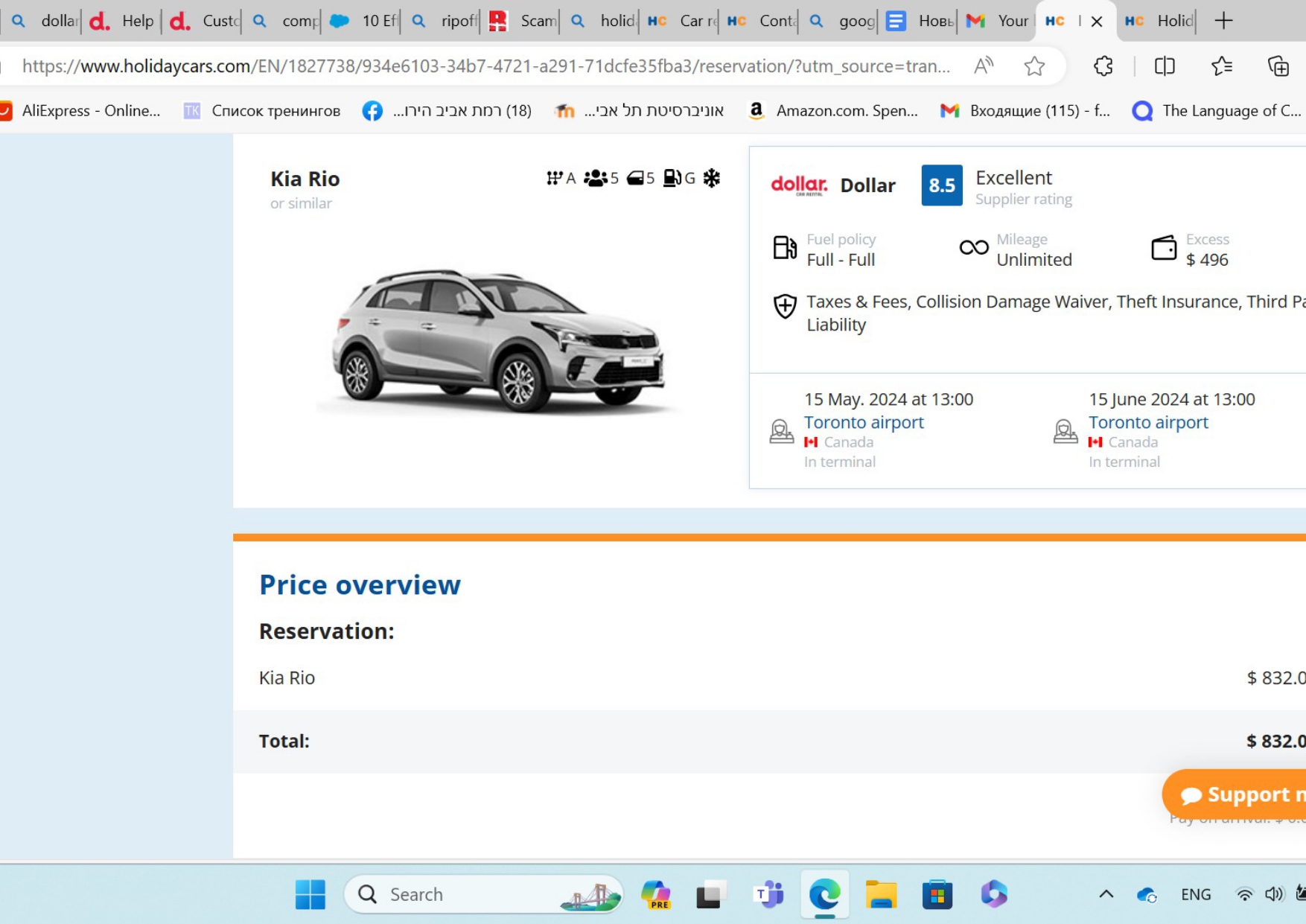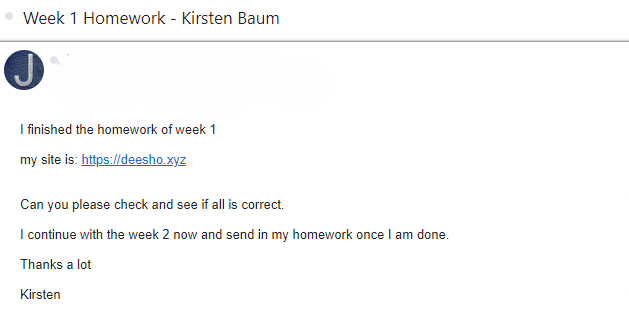- Report: #1407542
Complaint Review: Union Bank Mitsubishi Bank - Los Angeles California
Mitsubishi Union Bank TARP-1 Bail-out of Santa Barbara Bank & Trust Los Angeles California
Santa Barbara Bank & Trust AKA Pacific Capital BankCorp was a controversial bank troubled by bad loans, debt, and the RAL scandal, wound up in 2012.
In 2008, seriously troubled Santa Barbara Bank & Trust / Pacific Capital Bancorp took $180 million in TARP-1 funds from the federal bank bail-out program, and struggled to remain afloat with very high leverage ratios, and continuing investigations into operations by the OCC, under an MoU which began in 2004.
By 2009, federal investigators had shut down SBBT's Refund Anticipation Loan "product", for fraud and abuse; and in March, 2009 the bank announced plans to lay-off at least twenty-two percent of its workforce.
In 2010, billionaire Gerald Ford "invested" $500 million to guarantee Pacific Capital's capital reserves upon condition that the US Treasury would accept a fractional TARP-1 payback from the bank. Ford has a history of buying and selling banks for profit, with Golden State Bancorp and then bailed-out Pacific Capital Bancorp, being most notable wins.
Then on December 1st, 2012, Union Bank (owned by The Bank of Tokyo-Mitsubishi UFJ) announced their takeover of PCB. Ford profited mightily via the $1.5 Bn USD buyout by Mitsubishi-Union Bank.
Under the direction of SBBT's George Leis, four hundred and sixty-eight SBBT/PCB employees were fired, to help pay back $60 M USD in TARP-1 bail-out funds to the federal government.
From 2010 George Leis was paid in excess of $1 Mn annually and his "golden handhake" on the merger was reported to be in excess of $1 million. In 2012, George Leis mailed a letter to account holders - and those with outstanding loans/debts - to either payoff their loans and close their accounts, or otherwise be warned that debit accounts were subject to transfer to Union-Mitsubishi. At this time interest rates and terms were not "renogotiated" with Mitsubishi, but simply stipulated by Leis's bankrupt bank. (As of 2016 Leis is now president of Montecito Bank & Trust.)
Subsequent to the merger, all PCB/SBBT account holders (in debit or not) effectively had their accounts terminated and closed, with the expiry of Santa Barbara Bank & Trust. Any new terms or demands from Union Bank to SBBT commercial account holders lacked standing based on the federal bail-out, jurisdiction, and the failure of Union-Mitsubishi to negotiate new terms.
Thus, Union Bank aggressively and in bad faith pursued and harassed former account holders with regard to SBBT closed accounts, with damage to former SBBT account holders credit rating. On November 14, 2012 the Federal Reserve released its report on the merger which, as expected, welcomed a foreign capital buyout of the essentially bankrupt Pacific Capital Bancorp. Likewise, of course, merger impact to shareholders, account holders, and debtors to the bank - as well as the massive PCB employee layoffs - will forever be unaddressed by the Federal Reserve as serious issues.
Various class action lawsuits were undertaken to oppose the PCB / UnionBanCal merger, all of which failed; and the PCB court settlement with class members has remained sealed since 2012.
The author relates all of the above as a matter of history and also as a matter indicative of the larger issue of theft, corruption, collusion now inherent to the system.
5 Updates & Rebuttals
Jim
Anaheim,California,
USA
Not An Insider - Just an Expert
#2Consumer Comment
Sun, October 22, 2017
The reality is that SBBT was nothing more than a front for the IRS because they couldn't turn refunds fast enough until 2009, and the IRS could not legally get into issuing loans to taxpayers. In doing this, they provided specific direction to anyone who was contracted to issue RAL's, not to check credit. It's certainly not the 1st time the IRS has established rules like this; if you were a taxpayer who found a program like the VITA program, the IRS purposely made those returns unauditable and chose not to hold neither the taxpayer nor the preparer liable for any mistakes. An inexperienced taxpayer can frauduently prep a return with a fake person, and the IRS couldn't touch the preparer, even if that person was a criminal.
If it were me, I would not have allowed anyone with an outstanding RAL to be allowed to default - it's basically the same as having a loan with the IRS. Or transfer all outstanding RAL's back to the IRS for collections.
Now to the rest:
1. The incoming bank assumes all outstanding liabilities - that was deal not just here, but with every bank who went under in 2008, and with any acquisition - period. Changing T&C's on any loan represented a change in the outstanding liabilities being purchased. But then, that's pretty much standard operating procedure in ANY acquisition in any industry. The acquiring bank would not have had a second bite at the apple to determine the true valuation of the acquired bank, so you have to keep things the way they are. Now any consumer can go any to another bank - if they so wished - to renegotiate the loan. However, there would have been NO way in 2008 for any consumer to be able to do that because no bank was willing to part with capital of any sort without significant collateral. The reality is if the bank stayed in business, the T&C's remain the same anyway. To the person holding the loan, savings account, etc... the acquisition of one bank by another is transparent. That wasn't just the intent. That's a basic unquestionable reality. The only way a loan holder would have been harmed is if there were NO acquiring bank. - again, an unquestionable reality.
2. Clearly taxpayers were not harmed in the bailout of the bank. Certainly we know the bailouts resulted in the taxpayers not only recovering every dime that was loaned, but the taxpayers earned $15.6 billion from the bailout, not to mention the bailout saved the banking system - period. That's not even subject to dispute.
3. Ex-employees clearly are not harmed either by the events that took place. Technology was clearly replacing their jobs anyway, as all banks were laying off people, even the banks that survived, and I would add, will continue to do so as technology continues to advance. You see the harm as directly related to the collapse - I see the layoff as nothing but an inevitability. Again, not really subject to dispute here either.
4. Once a stock price gets down to about $2 per share, the only shareholders really left at that point are speculators willing to risk a little for a chance at a reward. Many did the same thing when BofA got down to $2 per share sometime in I think 2011 because of Countrywide, and it survived - though there was a big difference with BofA. Most other shareholders would have bailed, or were too stupid to sell. Accordingly, I don't see much harm with speculators taking it on the chin because that's what they're in the business for. The stupid....well, we see those people all the time.
5. I always crack up at people who think one bank is different than another. Union Bank is no different than Chase, which is no different than BofA, which is no different than Wells, which is no different than any other bank. This idea that maybe I don't want a loan with X bank, or have a savings account with X bank is an emotional response, not a logical or rational one, and no one is financially or otherwise harmed by that either. And the guy who got paid $1 million per year to oversee the transition plus $1 million to depart?? Standard stuff in that situation. He was there to prep the bank for sale and then leave. I've seen that more than once....
6. The only people charged criminally were those who filed fraudulent RAL's because they exploited the system the IRS set the bank up for. There was no criminal banking enterprise (lol) at SBBT - again, that's an emotional response and not a rational one.
I get it, you believe you were harmed. You weren't. You are emotionally attached to the bank. I am not. Those who were laid off, would have eventually been laid off due to advancing technology and changes in customer banking habits in the years since. We now see after looking at the facts, taxpayers benefitted from the bailout, and account holders, employees, and even shareholders were unharmed. To think otherwise is an emotional response to what happened.
Now I'd like an answer to my question, if the acquiring bank decides they're going to honor the original T&C's of the initial loan issued, with the same interest rate, same payment terms, how is the person who took out the loan harmed?
Les West
Idaho,USA
Many were harmed
#3Consumer Comment
Sat, October 21, 2017
Bank customers were harmed by the SBBT failure, by actions of management and "investors"; account holders were harmed when their accounts were closed and they did not wish to become customers of Mitsubishi Bank; shareholders of the original PCB/SBBT shares were harmed when their share holdings went to a few cents (prior to 2010) and taxpayers were harmed when public funds were used to privatize profit and socialize loss.
Les West
Idaho,USA
Jim does not understand criminal banks..?
#4Consumer Comment
Sat, October 21, 2017
That's funny.
Plenty of folks were harmed. Shareholders of the original shares were devastated. Account holders were harmed (many) ex-employees were harmed. RAL was a side show and just one "crooked " product of many and the bank did lose p;enty on that, quite justifiably too, not to mention the crooked software scam the bank was engaged in at the time. Lining Russian pcokets no less. Okay... Ukrainian drunkards. At least THEY were not harmed. If you have inside info why be a coward Jim?
Bill M
Delaware,USA
Plenty were harmed
#5Consumer Comment
Sat, October 21, 2017
Taxpayers were hamed
Shareholders were harmed
ex-employees were harmed
account holders were harmed
You seem to be saying Jim that calling in a loan for the full balance due wrt (what should be) the criminal actions of others is trivial.
why?
Jim
Anaheim,California,
USA
Not Sure I Understand...
#6Consumer Comment
Fri, October 20, 2017
One item caught my attention that needs to be modified:
In 2009, the RAL program shut down not because of fraud and abuse by the bank. RAL's were used by the IRS to front loans related to refunds of tax returns and SBBT was the only contracted company issuing RAL's, at least in California and likely most of the US. In fact, SBBT was really not even involved in the issuance of the RAL's - they were merely the agent who was the face of the IRS; the preparer issued the paperwork associated with the RAL, and the loan was made with no consideration for the taxpayer's credit. In reality, the fraud and abuse you speak of were committed either by unlicensed tax preparers, or by the people who took out RAL's who also had outstanding amounts due with the IRS, but taxpayer failed to either inform their tax preparer of the issue, or the tax preparer defrauded the bank. Either way, the bank never got the loan repaid due to the fraud. The taxpayer then defaulted on the RAL (surprise surprise!!), and the bank was stuck with a lot of bad loan. By 2009, the RAL program was unnecessary as the IRS made commitments to make immediate refunds to individuals within 3-5 business days if returns were made electronically, and the IRS refused to continue the RAL program. You can spin that RAL program all you want, but I knew all of this from my dealings with the IRS and with RAL's.
The rest of it doesn't sound particularly bad, so let's get to the heart of the matter:
Since your commentary clearly indicates Mitsubishi would assume all loans with the interest rates established at the time the loan was first negotiated, it doesn't sound like you were harmed. It doesn't sound like anyone with a loan was harmed. I mean if the bank doesn't take over, the loan is immediately callable and if you were a debtor, then you'd have to find another bank to get a loan from, to pay off the original loan and generally at an interest rate higher than the original. Now that would have been harmful. It is standard practice to NOT renegotiate loans once a bank takes over another, otherwise the bank would spend years going over thousands of loans. I'm trying to understand how you were harmed or ripped off??







